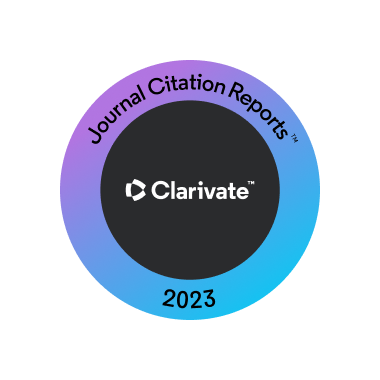Abstract
Background: The aim of this work was to examine the extent to which cardiorespiratory fitness, blood pressure, and optimism/pessimism predict adults’ satisfaction with life. Material and methods: Sixty-eight adults seeking cardiovascular health screening in a private clinic were tested. Participants’ blood pressure, optimism/pessimism, and satisfaction with life were recorded. The YMCA cycle ergometer test was used for estimating participants’ aerobic fitness (VO2 max). Based on 140/90 mm Hg blood pressure cut-off value, participants were classified into two groups. Results: A bootstrapped hierarchical multivariate regression analysis revealed that VO2 max, systolic blood pressure, optimism, and pessimism jointly accounted for 46% of the variance (R2 = 0.501, R2 adjusted = 0.462) in life satisfaction. Furthermore, a bootstrapped multivariate analysis of covariance indicated that Stage 2 hypertensives reported lower life satisfaction (p = 0.007) than the others with lower blood pressure readings. Conclusions: This study is the first to reveal that almost half of the total variance in life satisfaction is accounted by cardiorespiratory fitness, systolic blood pressure, optimism, and pessimism. The present work also shows that individuals in Stage 2 hypertension are less satisfied with their lives than individuals with lower blood pressure values. These preliminary findings should stimulate both epidemiological and longitudinal research in the area.
Recommended Citation
Szabo A, Bőhm T, Köteles F. Relationship between aerobic fitness, blood pressure and life satisfaction. Balt J Health Phys Act. 2020;12(2):1-11. doi: 10.29359/BJHPA.12.2.01
DOI
10.29359/BJHPA.12.2.01
Author ORCID Identifier
Attila Szabo: https://orcid.org/0000-0003-2788-4304
Creative Commons License

This work is licensed under a Creative Commons Attribution-Noncommercial-No Derivative Works 4.0 License.
Included in
Health and Physical Education Commons, Sports Medicine Commons, Sports Sciences Commons, Sports Studies Commons




